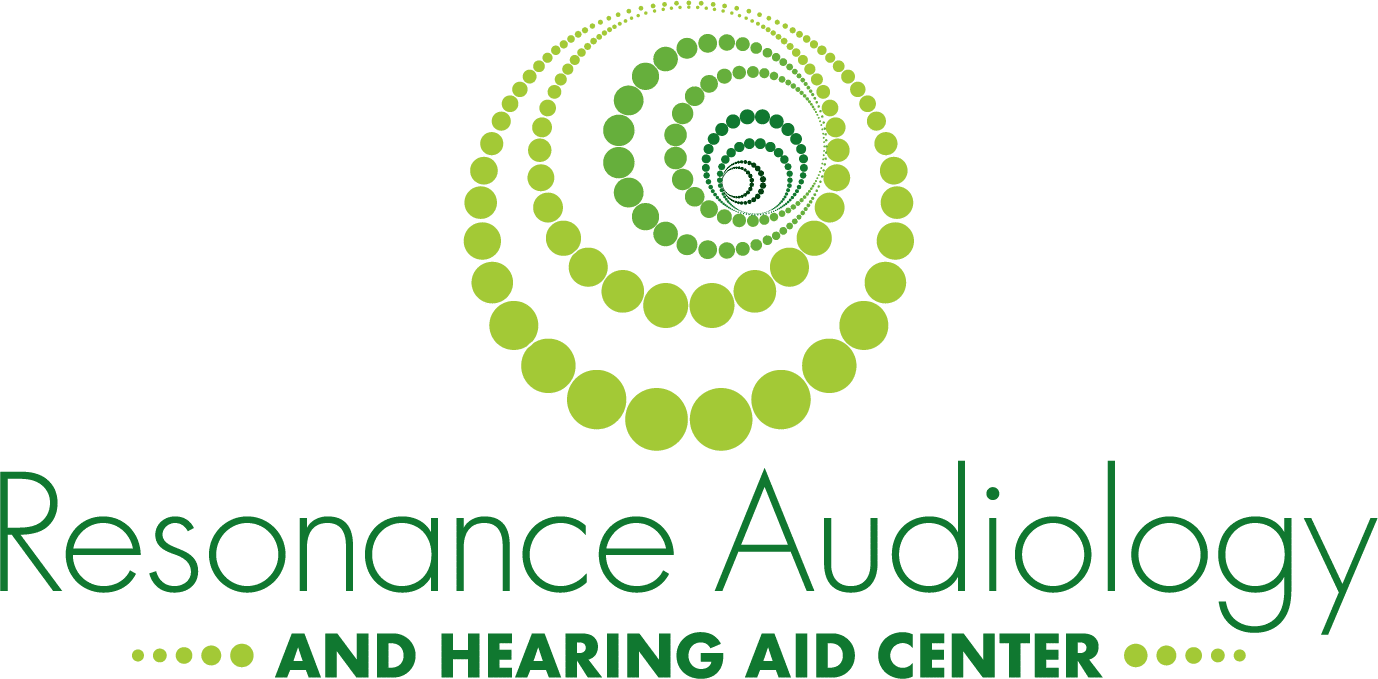What Causes Auditory Processing Disorder?

Auditory Processing Disorder, or ADP, affects 3-5% of children who attend school. Individuals with ADP has a disconnect between what their ears hear and how their brain processes that sound. Children who have ADP may develop learning delays and other issues while in school, since they interpret sounds differently. While it can be found in children, an audiologist can diagnose adults with ADP as well.
If you believe your child may have ADP, take them to see a hearing doctor as soon as possible. So, what exactly are the signs of ADP, and how can an ear doctor help?
Signs and Symptoms
ADP can cause issues with your child’s speech and their ability to read and write. Their brain may mix up similar sounds, or in some cases, not hear them at all. It can affect their speech because they cannot process what someone is saying to them, which can cause confusion and a delay in their response.
Some other signs and symptoms include difficulty knowing where sounds are coming from, following conversations, comprehending directions, and understanding music.
Reasons One Might Develop ADP
The causes of ADP are not well known. It is often prevalent among those with illnesses like multiple sclerosis, meningitis, chronic ear infections, and lead poisoning. It has also been found in children with low birth weight, head injuries, or even cases where other family members have had it. If you notice symptoms of ADP and fall into any of these categories, you should see a hearing doctor right away.
Testing For ADP
An ear doctor can perform a hearing test to determine whether or not a patient has ADP. Only audiologists can properly diagnose ADP by running through advanced tests that play sounds for the patient. They may need to hook small electrodes to a patient’s ears, which are harmless and can measure the brain’s response to sounds.
For the most part, children are not tested for ADP until seven years old, since tests may not be accurate at younger ages.
Caring For a Child With ADP
Although there is no cure for ADP, it can be treated and managed. There are a few different ways that parents can go about helping a child diagnosed with ADP.
- Speech Therapy. Speech therapy can help children develop and improve their conversational skills. After a while, they will hopefully learn how to recognize sounds when spoken to.
- Help And Support In The Classroom. Support in a child’s class can range from sitting at the front of the class so teachers can work with them more closely to having an electronic device that allows a child to hear more clearly.
- Develop Other Skills. Helping a child progress in other areas is beneficial as well. Working on things like problem-solving, memory, and other learning skills can help children with ADP.
- Changing Things at Home. Reducing noise from sources like loud radios, TVs, and other electronic devices can be helpful. You can even go as far as covering floors with carpet to reduce the amount of echoing in your home.
If you are unsure whether your child has ADP, we are happy to guide you in the right direction. Our trained, experienced, and knowledgeable doctors work with you or your child when it comes to hearing issues. When it comes to ADP, we can recommend a great office in Lancaster County for the best course of treatment. If you notice your child having hearing issues, contact us today to set up an appointment.
